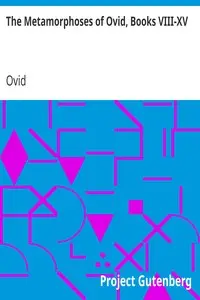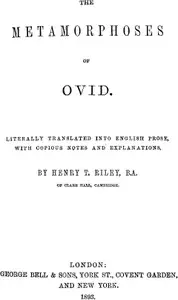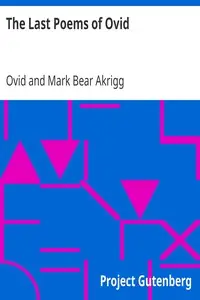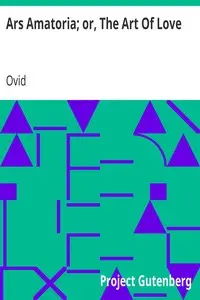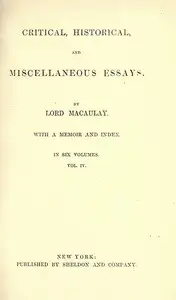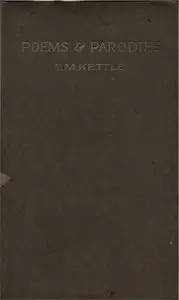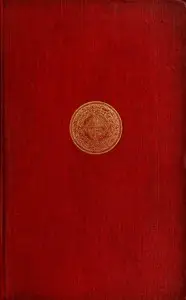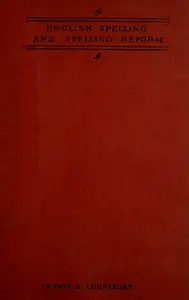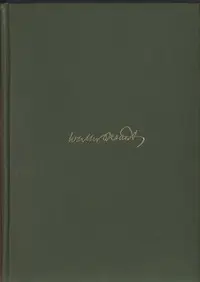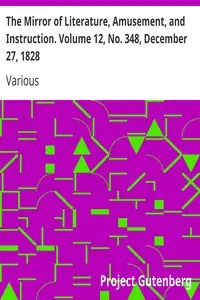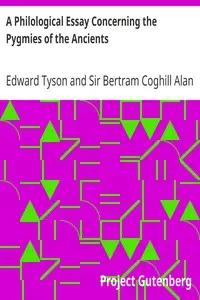"The Metamorphoses of Publius Ovidus Naso in English Blank Verse Vols. I & II" translated by J.J. Howard is a poetic epic translation of Ovid's classic work, likely written in the early 19th century. This ambitious collection explores themes of transformation and mythological tales, encapsulating the divine interactions and events that change characters and the world around them. With numerous transformations at its core, it reflects on human nature, love, and the whims of the gods. At the start of this translation, the narrative unfolds with Ovid invoking the muses to aid him in telling the tales of transformation from the chaotic origins of the universe through the ages of mankind. The text describes the creation of the world and the subsequent ages—golden, silver, bronze, and iron—each marked by a decline in morality and virtue. As the narrative progresses, it introduces pivotal characters and events, such as Deucalion and Pyrrha's survival of a great flood and the birth of various mythological figures, setting the stage for the richly woven tales of love and tragedy that follow. Through lush imagery and rhythmic verse, the opening captures the epic's essence as a tapestry of myth intertwined with the human experience. (This is an automatically generated summary.)
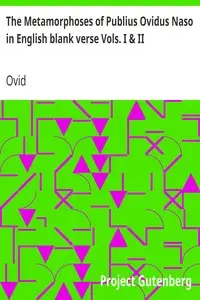
The Metamorphoses of Publius Ovidus Naso in English blank verse Vols. I & II
By Ovid
"The Metamorphoses of Publius Ovidus Naso in English Blank Verse Vols. I & II" translated by J.J. Howard is a poetic epic translation of Ovid's classi...
Publius Ovidius Naso, known in English as Ovid, was a Roman poet who lived during the reign of Augustus. He was a younger contemporary of Virgil and Horace, with whom he is often ranked as one of the three canonical poets of Latin literature. The Imperial scholar Quintilian considered him the last of the Latin love elegists. Although Ovid enjoyed enormous popularity during his lifetime, the emperor Augustus exiled him to Tomis, the capital of the newly-organised province of Moesia, on the Black Sea, where he remained for the last nine or ten years of his life. Ovid himself attributed his banishment to a "poem and a mistake", but his reluctance to disclose specifics has resulted in much speculation among scholars.

